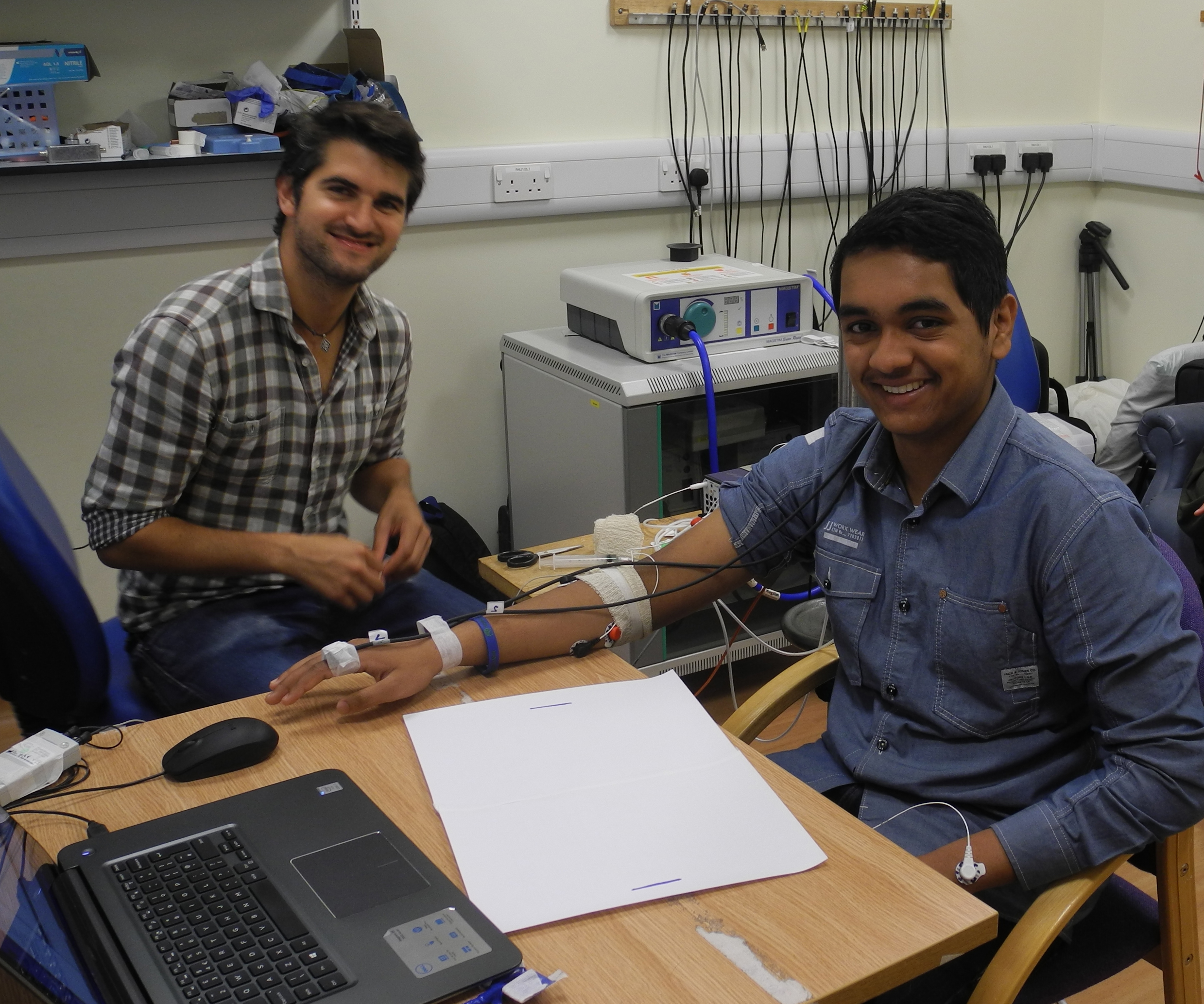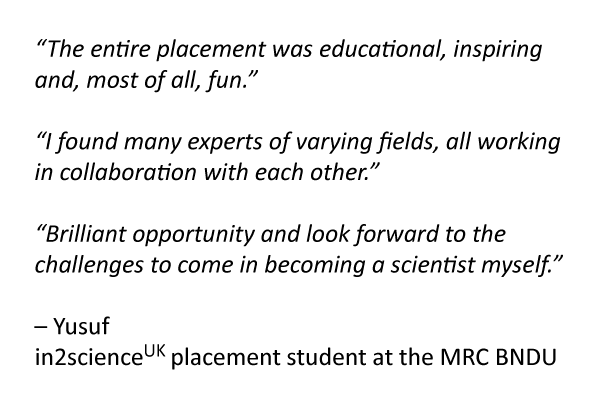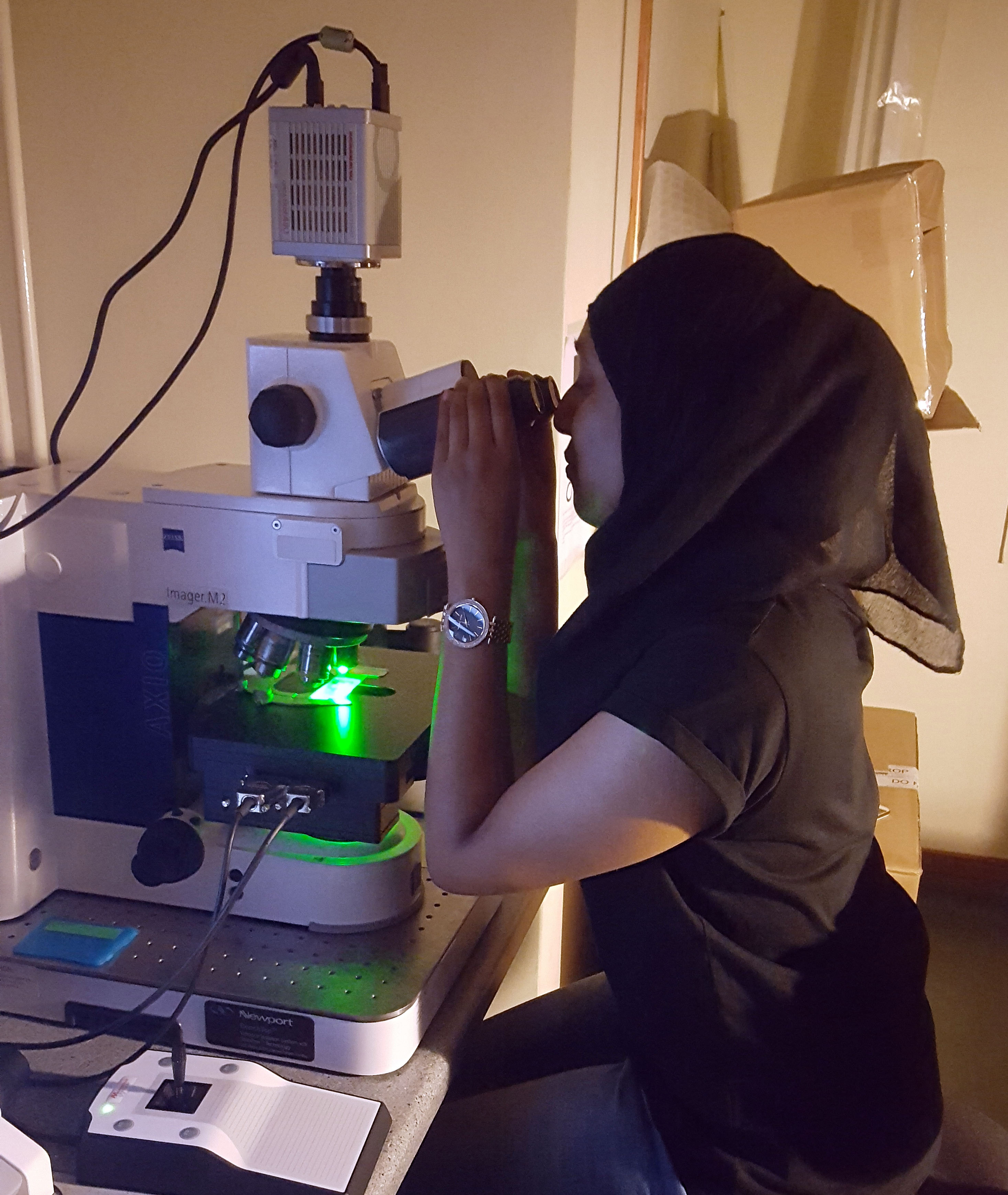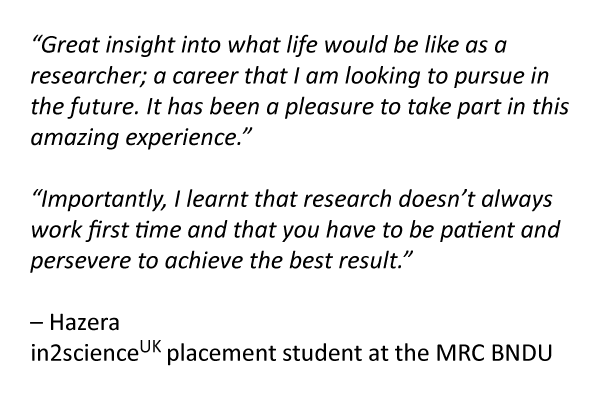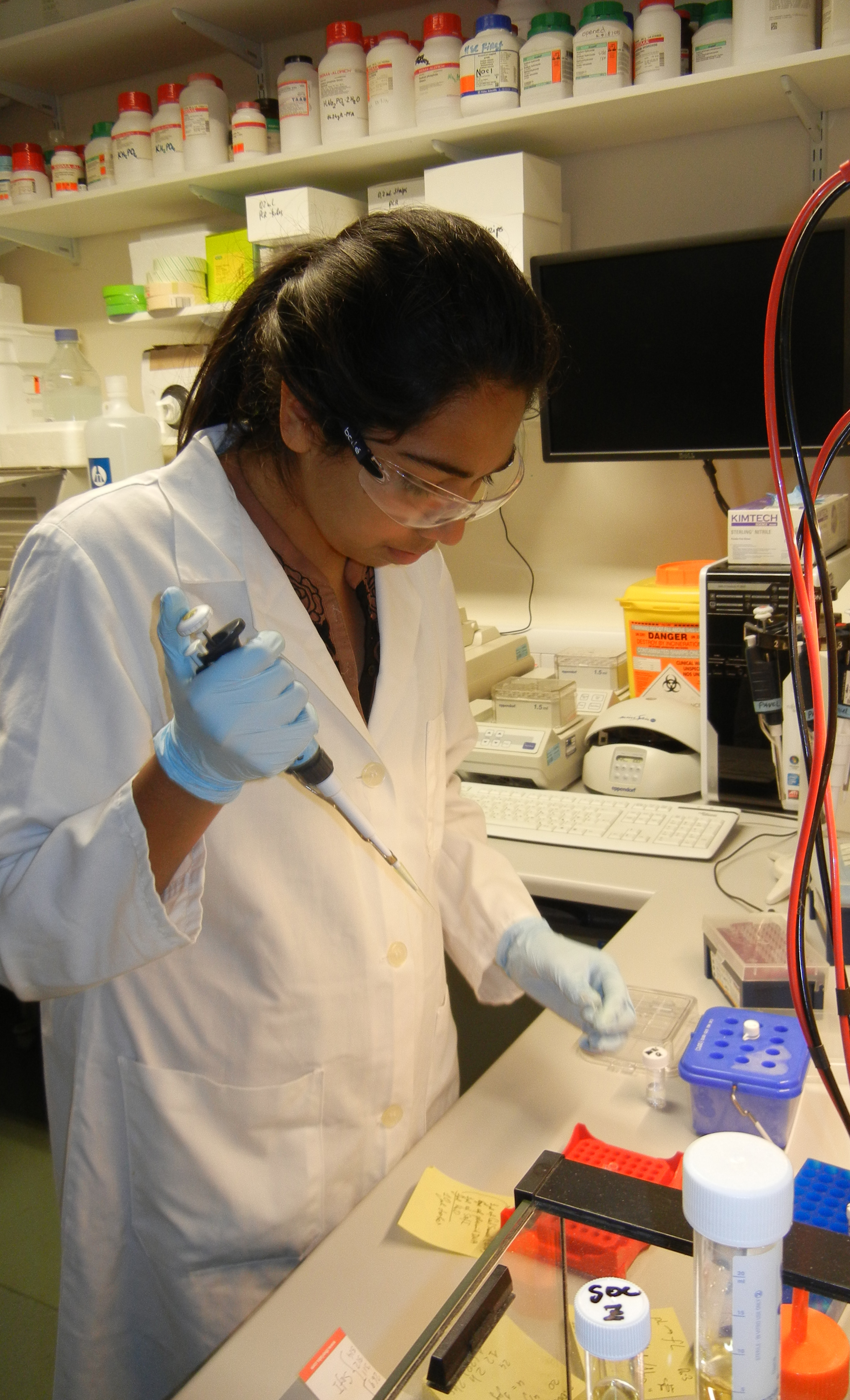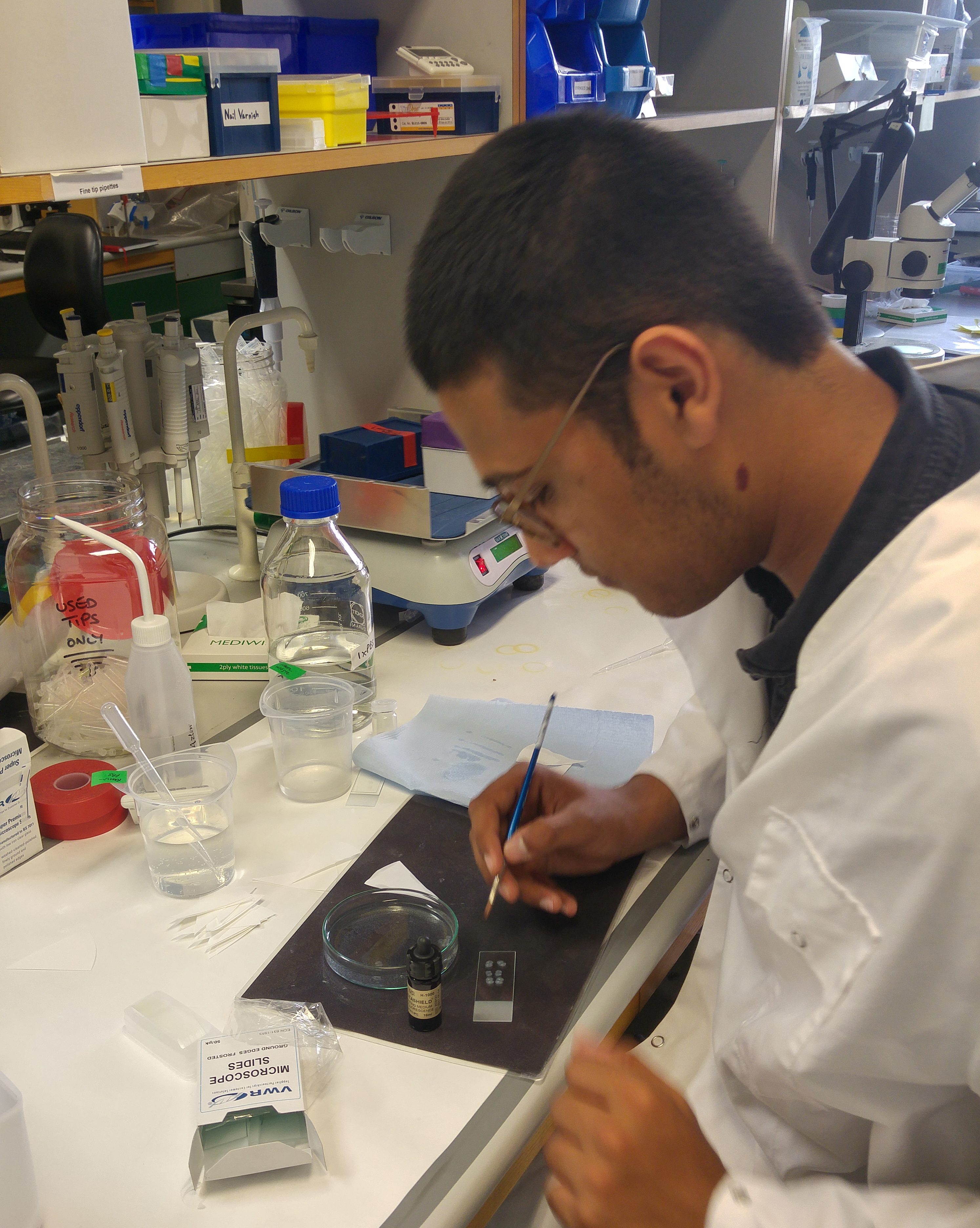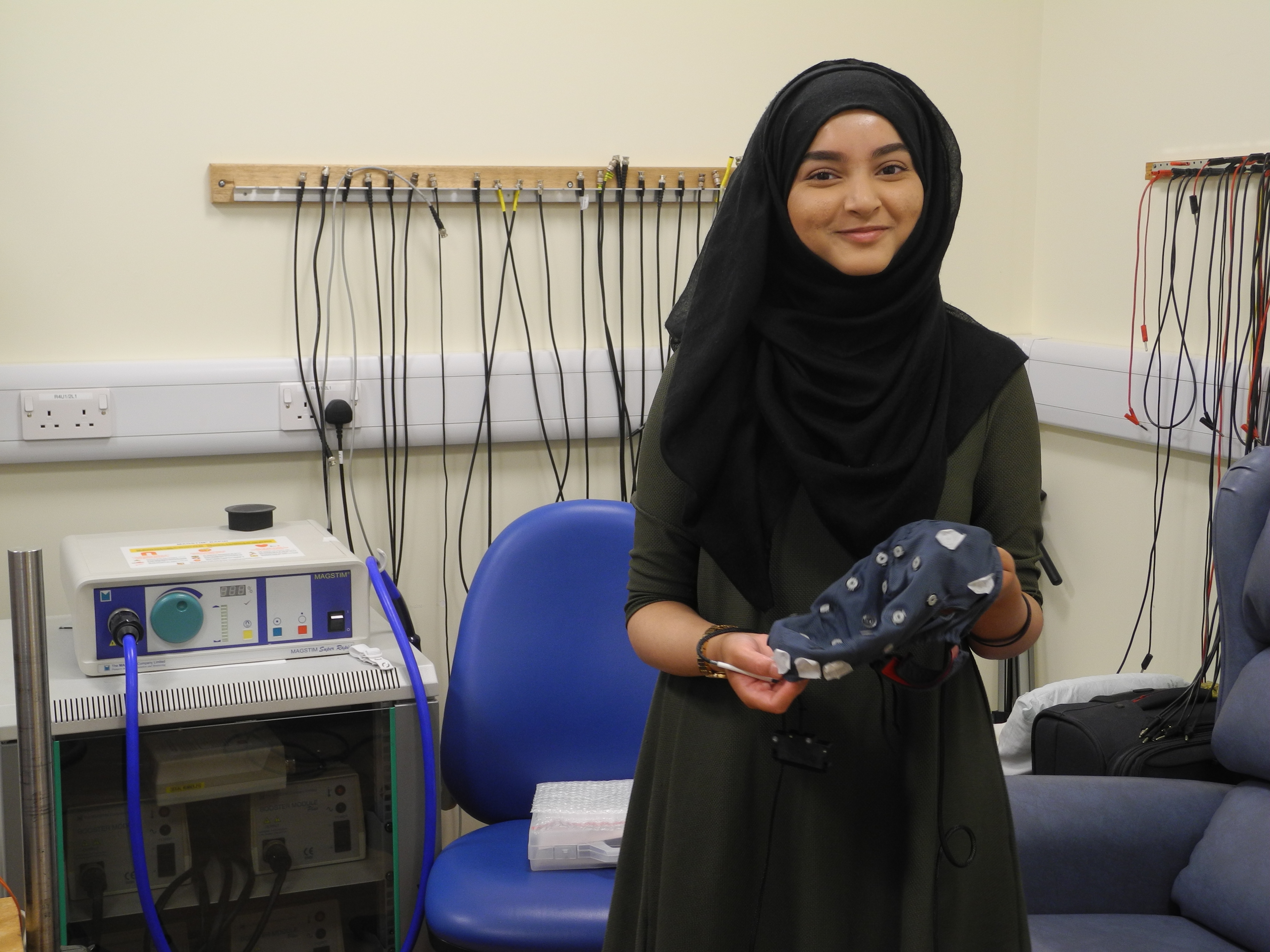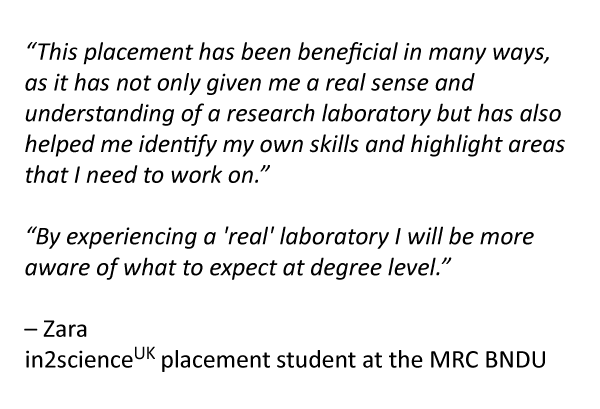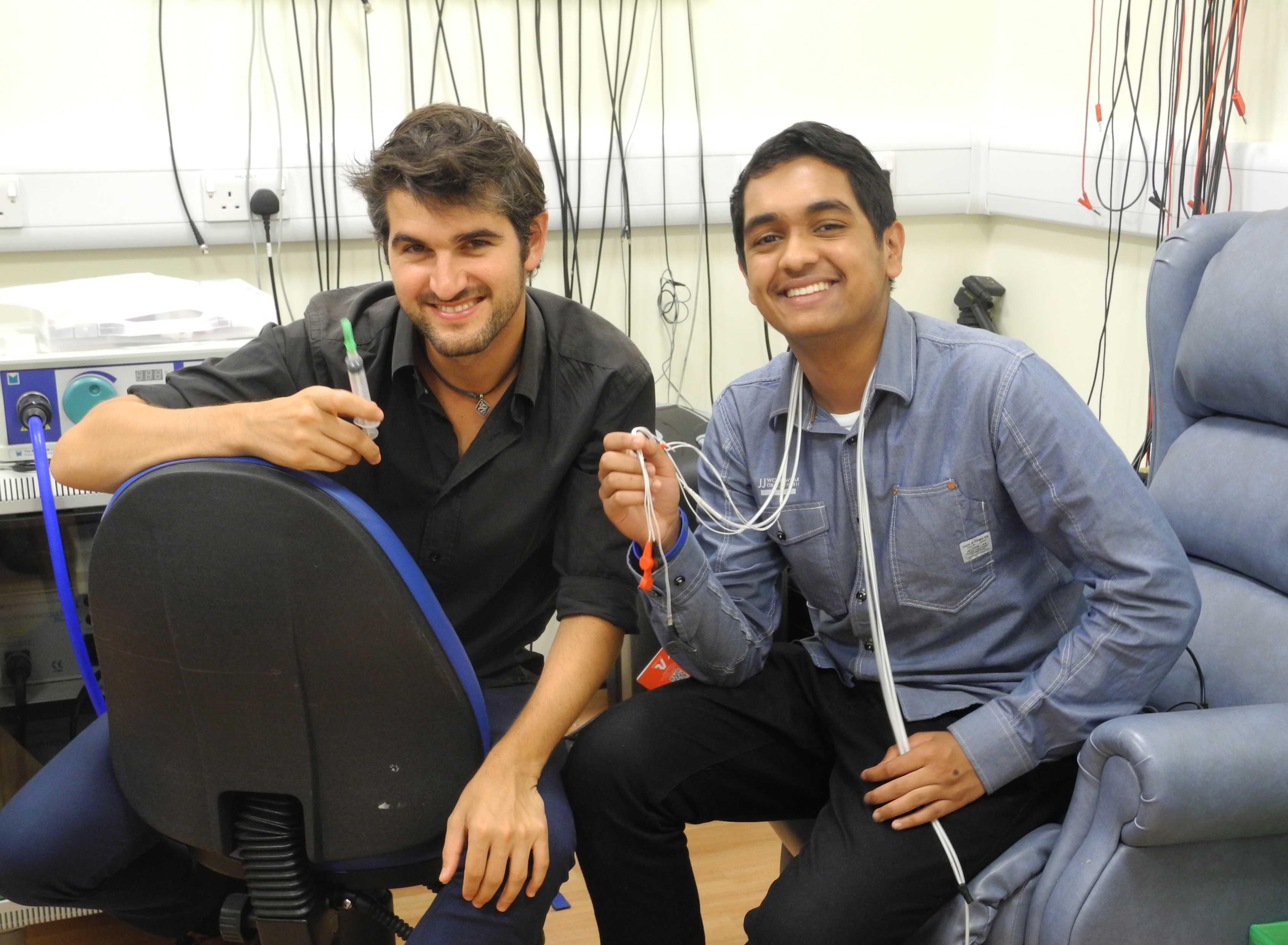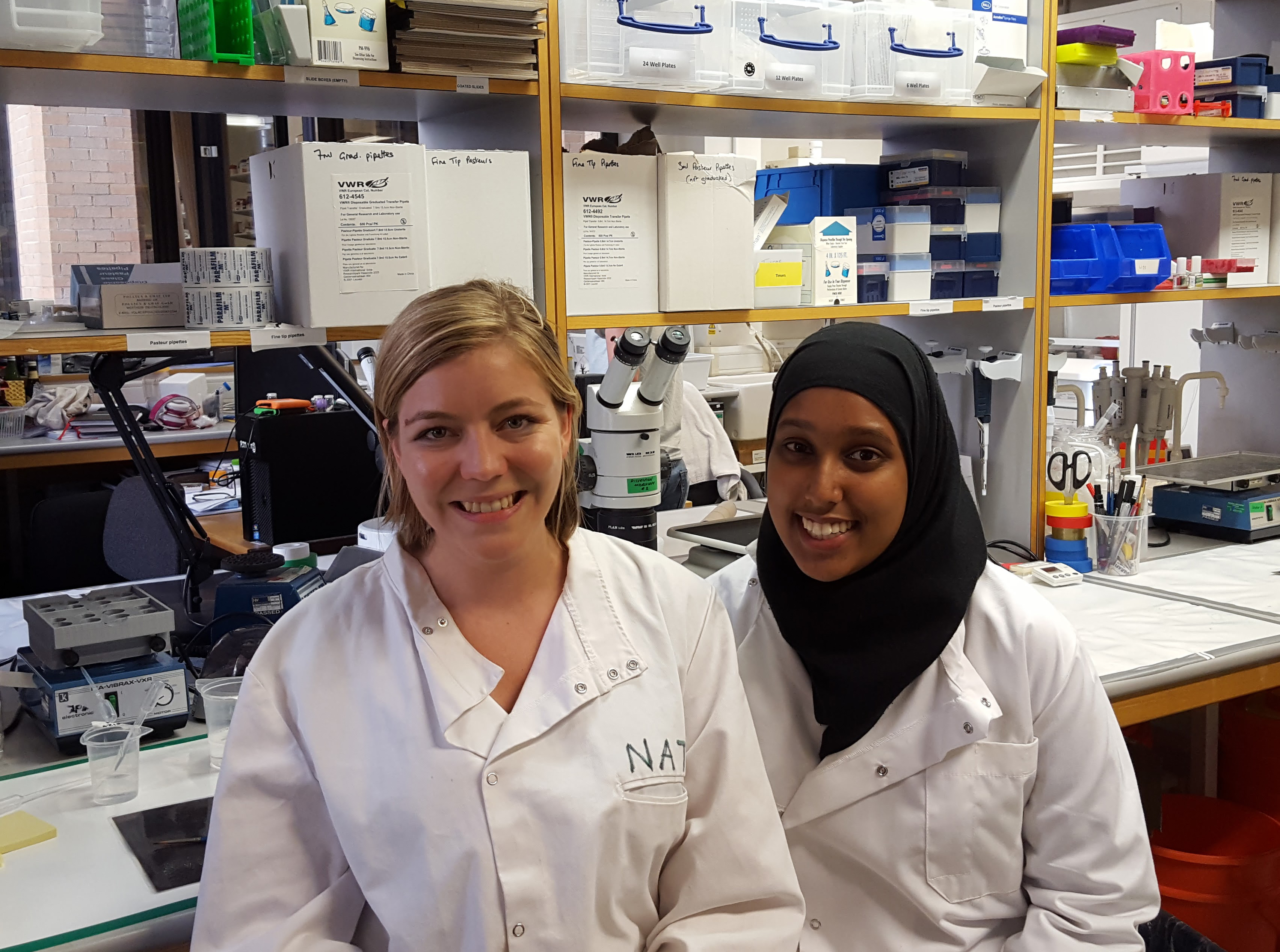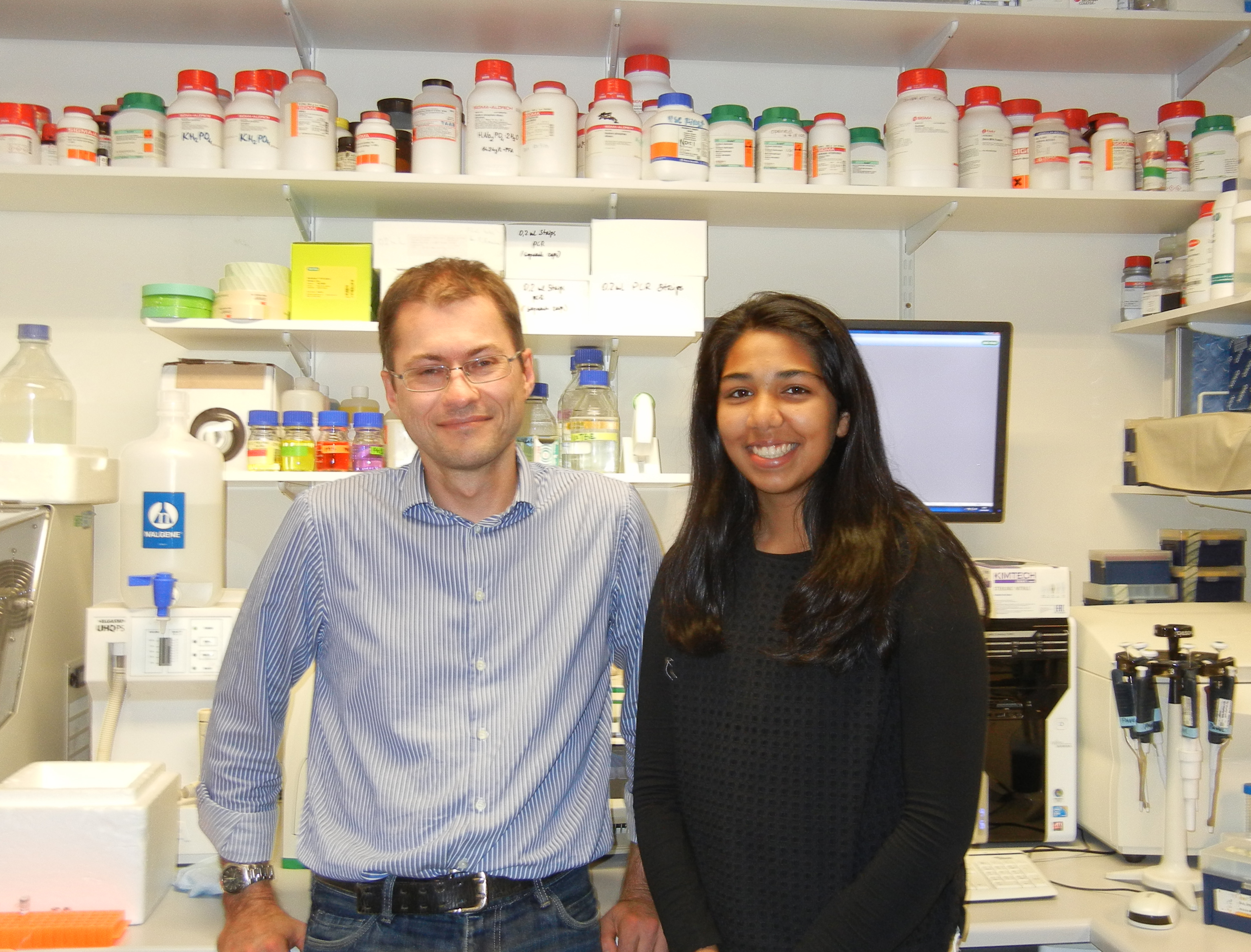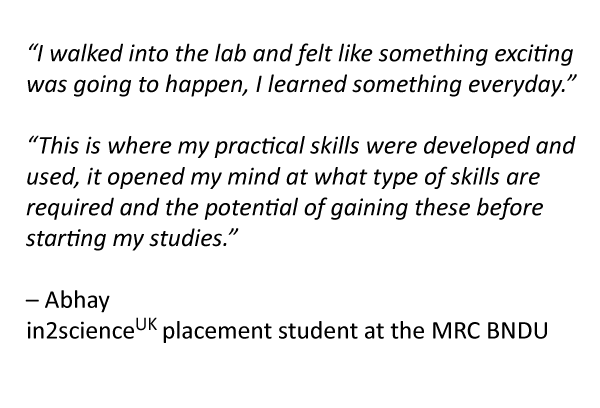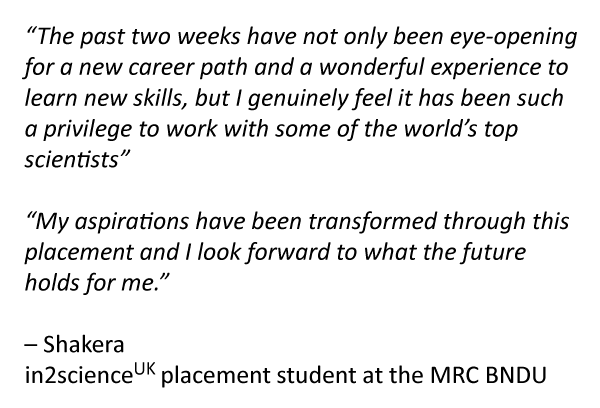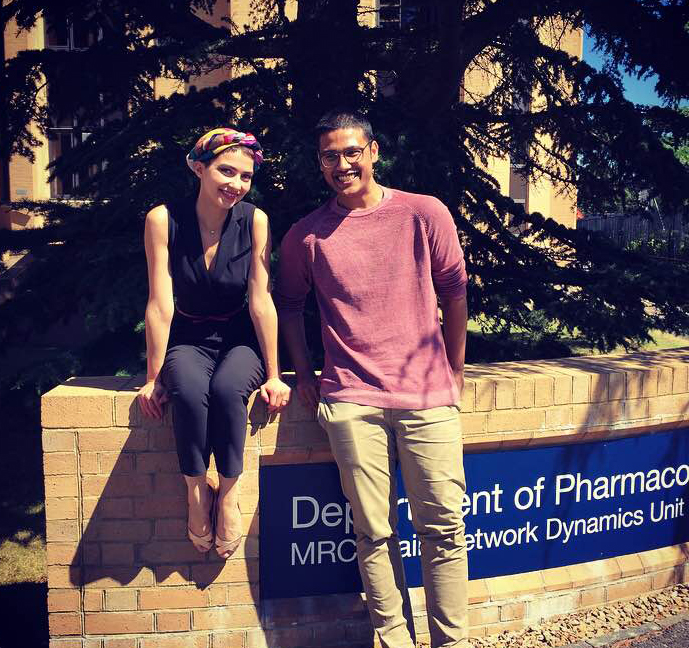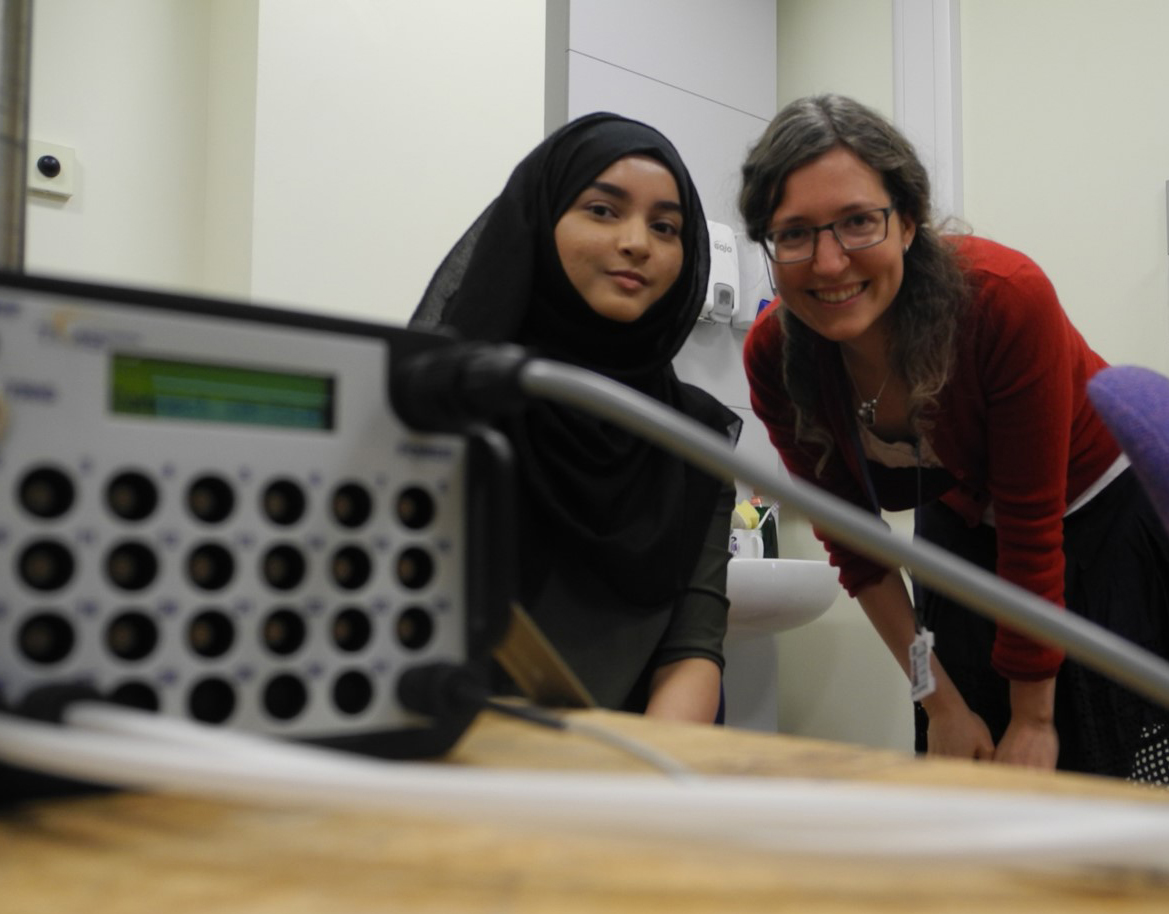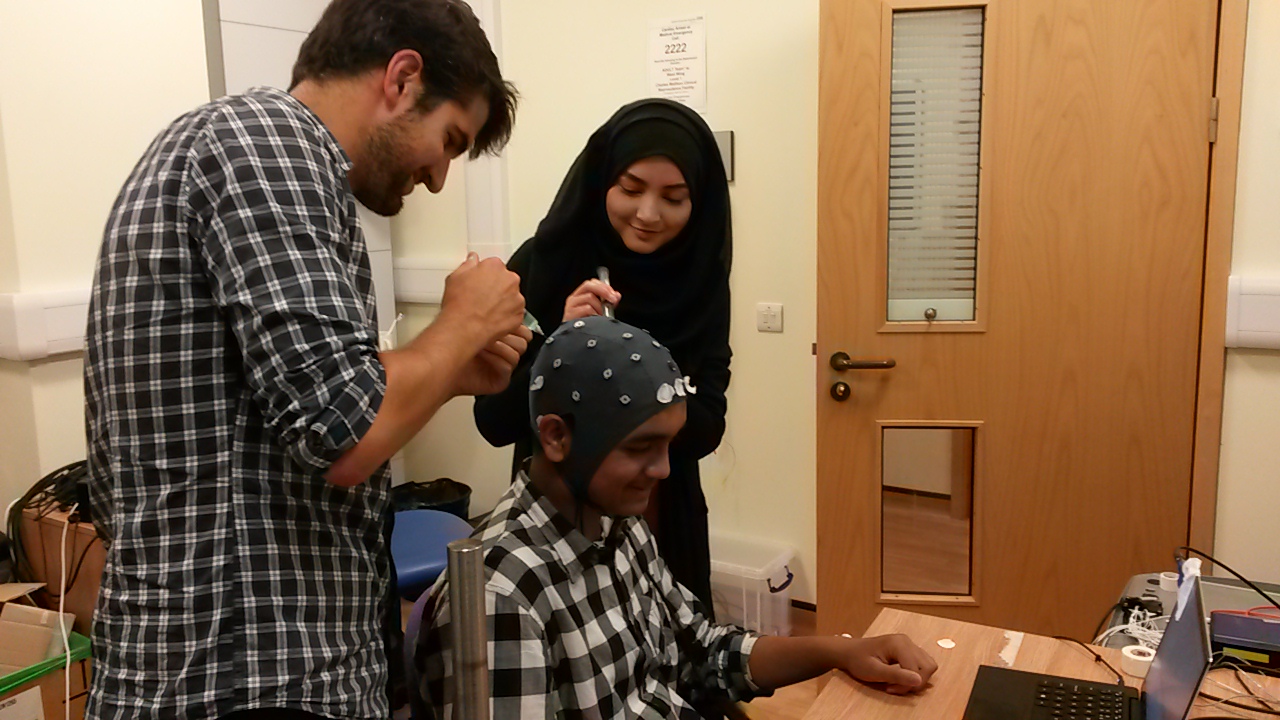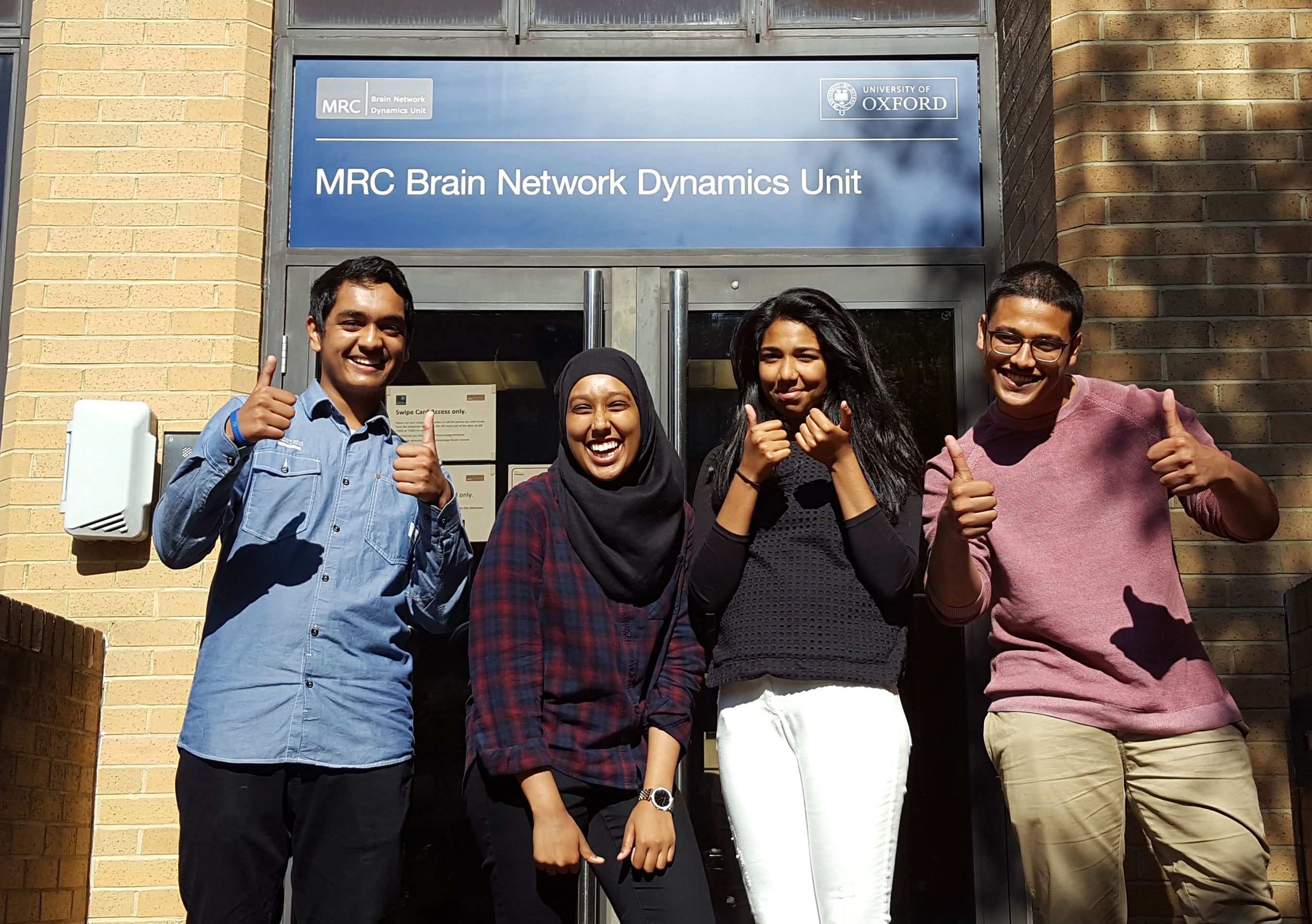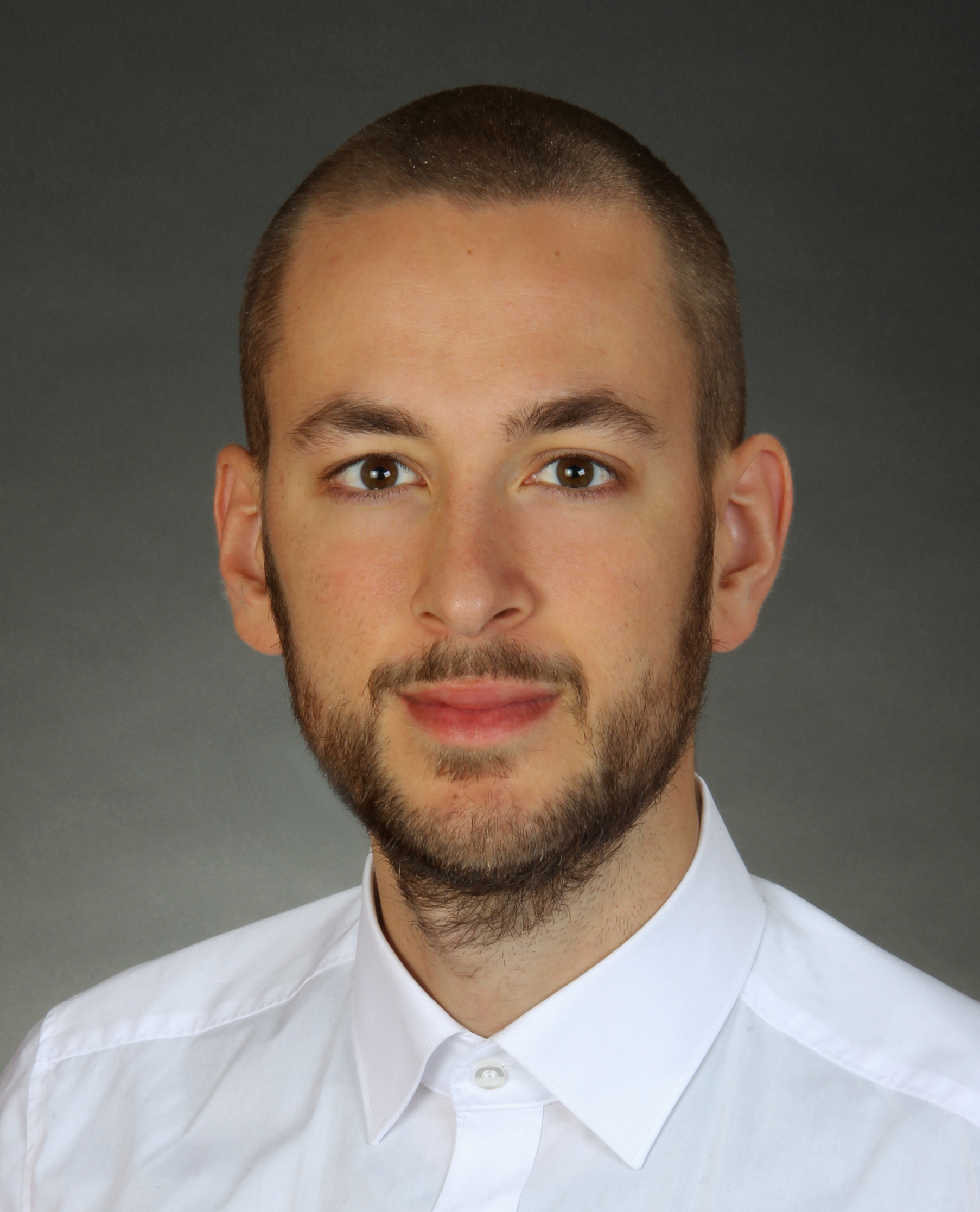
We are pleased to welcome Leon Amadeus Steiner to the Unit. Leon joins Professor Peter Brown’s Group as a Visiting Research Fellow to progress work on a long-standing collaboration between Professor Brown in the Unit and Professor Andrea Kühn at the Charité - Universitätsmedizin Berlin, Germany. Leon began his research career as a medical student in 2013 in the Institute of Neurophysiology at the Charité, where he performed patch-clamp recordings from basal ganglia neurons in acutely-isolated brain slices. More recently, Leon has been working as part of the interdisciplinary research group “KFO 247: deep brain stimulation - mechanisms of action, cortex-basal ganglia physiology, therapy optimization” directed by Professor Kühn. In this role, Leon has begun to analyse human brain signals recorded using a chronically-implanted device. His long-term research interest is in chronic adaptive ‘deep brain stimulation’ (aDBS) as a therapy for movement disorders. During his time in the Unit, Leon will analyse movement-related changes in neuronal activity (local field potentials) recorded in and around the subthalamic nucleus of patients.
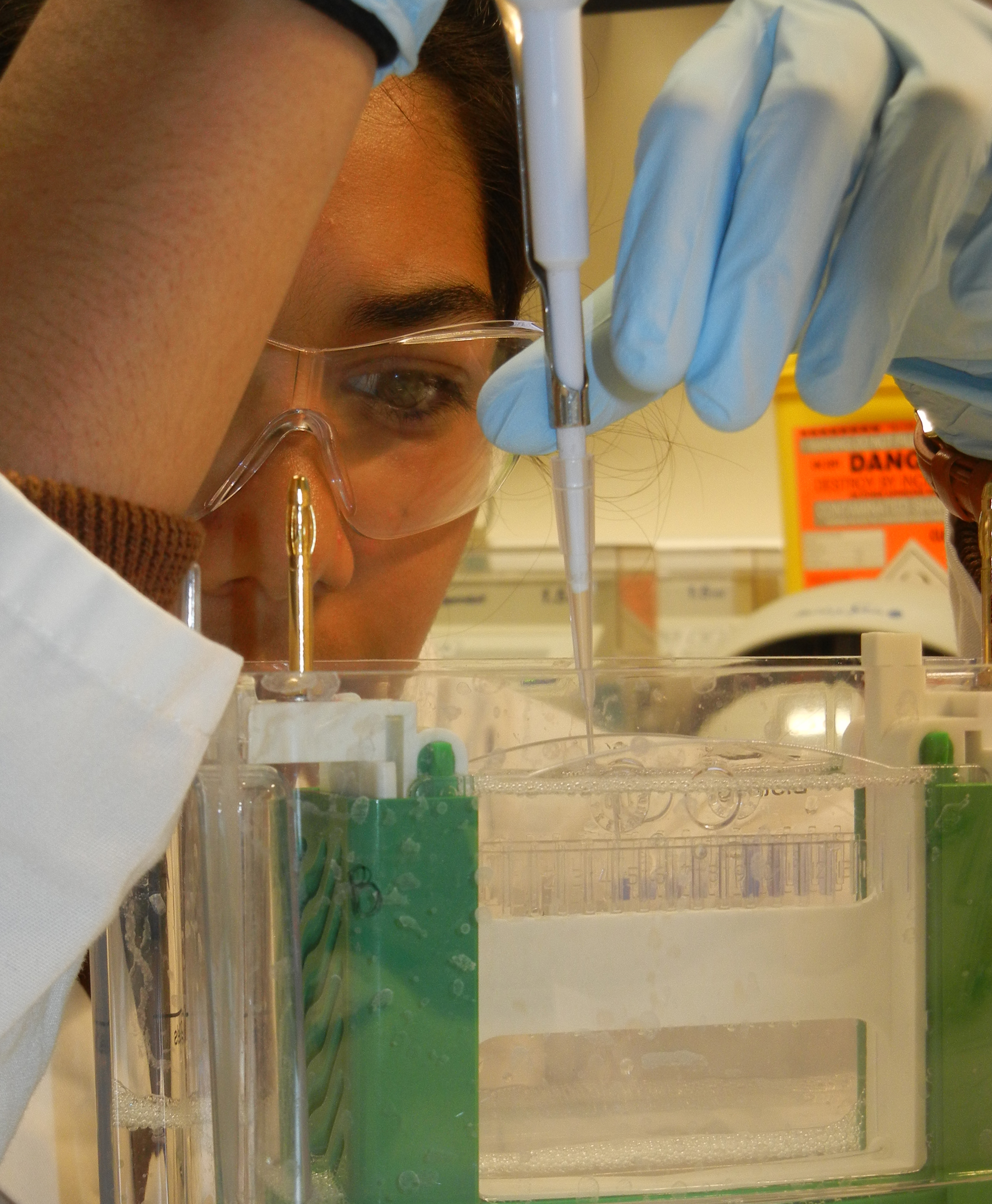
Over the first two weeks of August, the MRC Brain Network Dynamics Unit hosted 5 school pupils enrolled on an innovative work-experience placement scheme that was organised in partnership with the charity in2scienceUK.
The placement scheme hosted at the Unit was a first for Oxford, and was tailored for pupils from local state-funded schools to support their progress into university degrees and careers in science, technology, engineering and mathematics (STEM).
During their time in the Unit, the pupils worked alongside Unit scientists and received personalised mentoring to gain a wide variety of practical experiences and learn more about key concepts and challenges in neuroscience and medical research. In a series of integrated workshops with in2scienceUK, the pupils also received guidance on university applications, wider information about STEM careers, and training in transferable skills. The pupils recorded their experiences and progress in blogs and images.
Unit Deputy Director Professor Peter Magill commented “We are delighted with the many successes of this inaugural scheme. Working with our partners at in2scienceUK, we have delivered a range of experiences that set an exciting precedent for high-impact engagement. Over the fortnight of activities, it was inspiring to see the enthusiasm and enjoyment of the pupils, their mentors, and the Unit as a whole.”
Unit Director Professor Peter Brown commented “Engaging local school pupils continues to be a priority for our thriving Outreach Programme, and it has been a real pleasure and privilege for the Unit to take this lead on widening access and participation in STEM.”
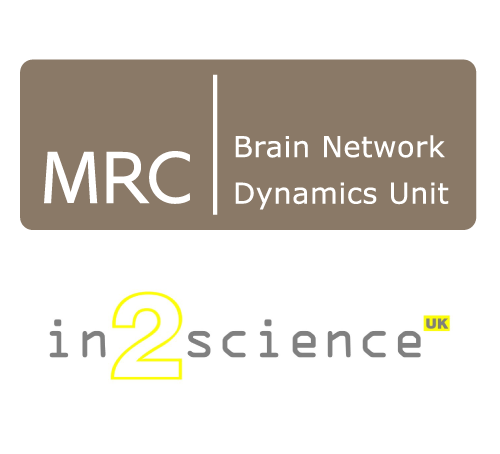
We are pleased to announce that the MRC Brain Network Dynamics Unit is partnering with in2scienceUK to launch a unique programme for local school pupils to support their progress into university degrees and careers in science, technology, engineering and mathematics (STEM).
in2scienceUK is an award-winning charity that inspires and supports secondary-school pupils from disadvantaged socioeconomic backgrounds by giving them opportunities to work alongside scientists, and to receive the advice and information they need to successfully progress to university and STEM careers. Since its foundation in 2010, in2scienceUK has worked in and around central London to empower hundreds of young people to realise their ambitions in education and working in the STEM sector.
As part of the inaugural pilot scheme to begin this August, the Unit will host 5 pupils from state-funded schools across the city of Oxford with catchments that include students from low-income backgrounds. During their time in the Unit, the pupils will receive personalised mentoring from Unit scientists, and will be given opportunities to gain a wide variety of practical experiences as well as exposure to key concepts and challenges in neuroscience and medical research. In a series of integrated workshops with in2scienceUK, the pupils will also receive guidance on university applications, wider information about STEM careers, and training in transferable skills.
Unit Deputy Director Professor Peter Magill commented "We are delighted to be working with in2scienceUK to bring their innovative work placement scheme to Oxford for the first time. The focus on local pupils who would benefit most from these special opportunities is a great fit to our flourishing Outreach Programme, and we look forward to playing our part in increasing the experiences and prospects of our mentees."
Dr Rebecca McKelvey, Founder and Director of in2scienceUK, commented "We are really excited to be working with MRC BNDU members who are bringing their knowledge and expertise to support and inspire local students from low-income backgrounds to become the next generation of scientists."
The progress and activities of our in2scienceUK placement students can be followed on our Twitter account.
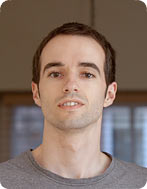
Congratulations to Unit scientist Dr Paul Dodson on being awarded the title of University Research Lecturer by the University of Oxford.
University Research Lecturer titles are conferred annually in recognition of an individual’s distinction in their field as well as their contributions to research, teaching and administration.
Unit Deputy Director Professor Peter Magill commented “Paul is an independent early-career scientist of the highest calibre. This award is a fitting acknowledgement of Paul’s exceptional productivity in research as well as his leadership and mentoring.”
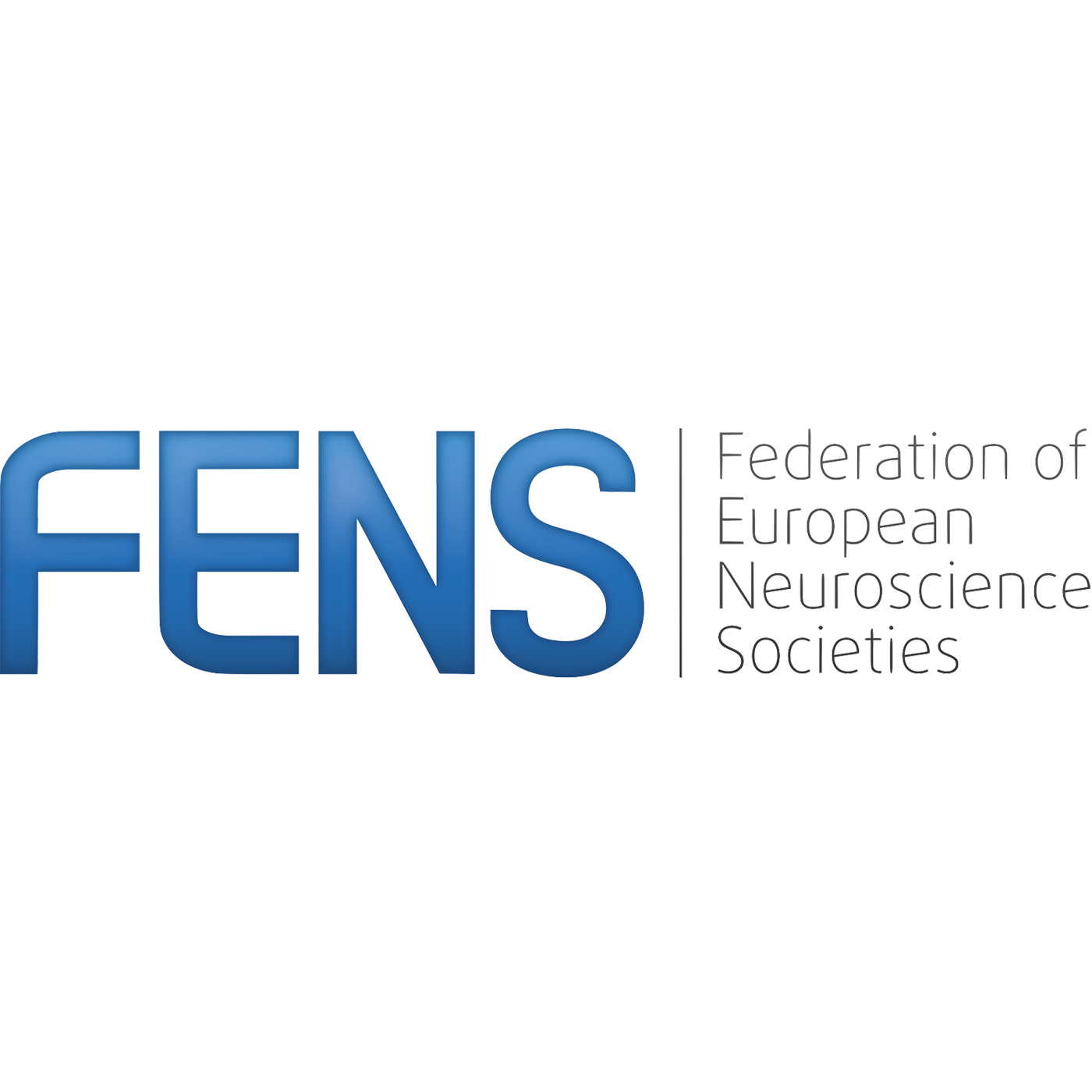
Congratulations to three members of the MRC Brain Network Dynamics Unit who have been honoured with prestigious awards at this year’s Forum of the Federation of European Neuroscience Societies (FENS), Europe’s pre-eminent neuroscience meeting.
Dr Linda Katona has been awarded the FENS-KAVLI Network of Excellence Ph.D. Thesis Prize for 2016. The Prize is awarded every second year, after an open competition held across Europe, to a single neuroscientist for his/her outstanding doctoral thesis in any domain of neuroscience.
Unit Programme Leader Dr David Dupret has been elected a 2016-2020 Scholar of the FENS-KAVLI Network of Excellence. Membership of the Network of Excellence is awarded to a handful of independent early-career neuroscientists every 2 years, and is reserved for those considered to be the most talented researchers among their peers. Read more here.
And last, but certainly not least…
Associate Unit member Professor Paul Bolam has been named the 2016 Dana/EDAB Neuroscience Outreach Champion and has thus received The David and Hillie Mahoney Award for an Individual’s Contribution to Outreach. This unique Award is given every 2 years to reward an individual who has significantly contributed to the promotion of brain awareness through continued public outreach efforts. Read more here.
Unit Director Professor Peter Brown commented “These three distinctions are so well deserved and, taken together, are a clear reflection of the wealth of exemplary talent and career support present at all levels of the Unit. Surely, a record haul and ‘hat trick’ for any single institution!”

We are delighted to announce that Unit Programme Leader Dr David Dupret has been named a 2016-2020 Scholar of The FENS-KAVLI Network of Excellence.
The Network of Excellence, established in 2014 as a collaboration between the Federation of European Neuroscience Societies (FENS) and the Kavli Foundation, is a prestigious grouping of around 30 outstanding early-career neuroscientists. Membership of the Network is awarded to a handful of individuals every 2 years after an open competition held across Europe, and is reserved for those considered to be the most talented neuroscience researchers among their peers. The broad aim of the Network is to shape the future of neuroscience in Europe and beyond, through providing opportunities for young scientists, influencing science policy, and facilitating the exchange between science and society.
David officially joined the FENS-KAVLI Network of Excellence during this week's FENS Forum of Neurosciences, Europe’s pre-eminent neuroscience meeting.
Unit Director Professor Peter Brown commented “The Unit is thrilled that David has been elected to the membership of this highly-esteemed network. It is a timely recognition of David’s exceptional abilities and vision, as well as of his track record in delivering world-class science and mentoring.”
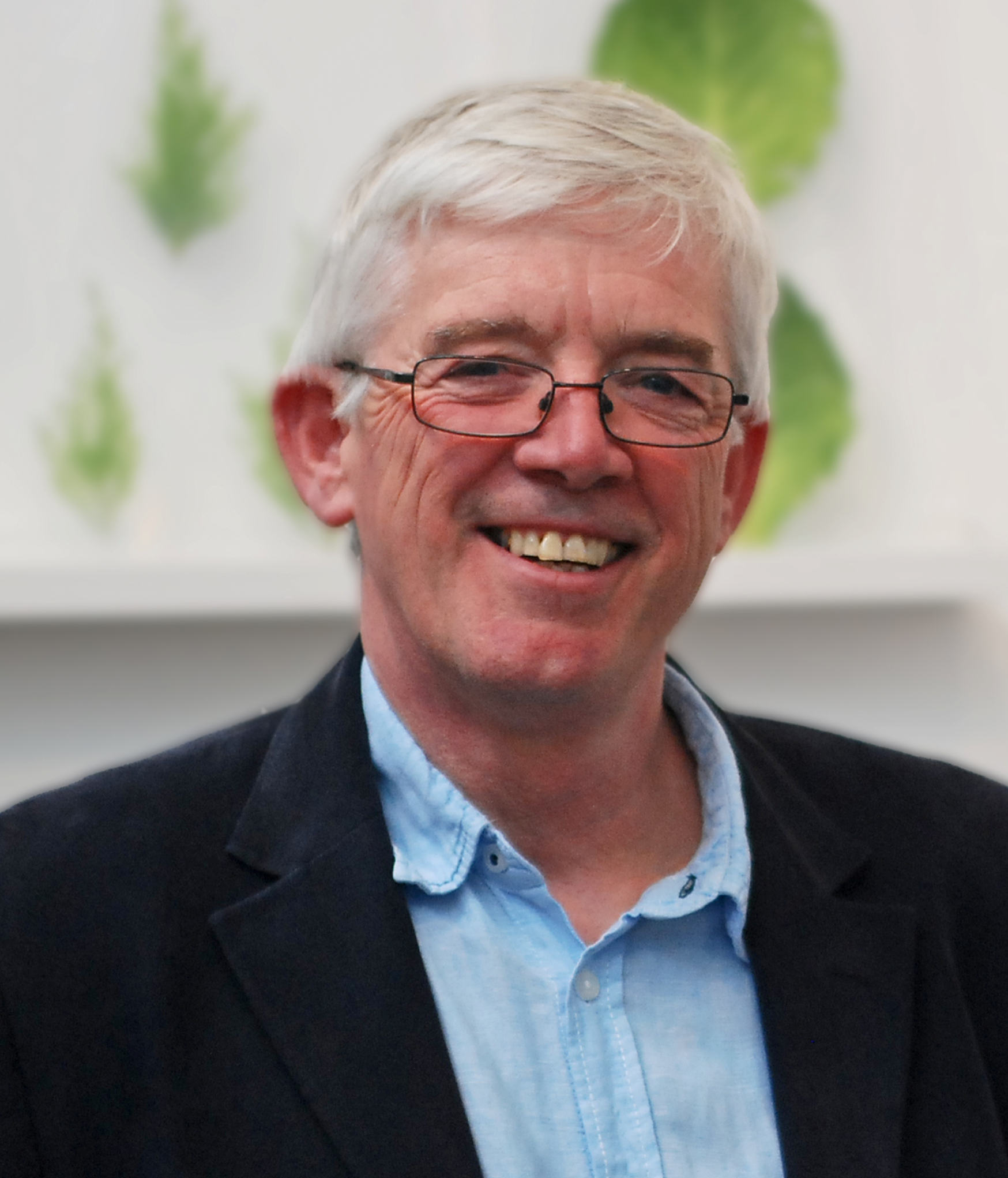
We are delighted to announce that Associate Unit member Professor Paul Bolam has been named the Dana/EDAB Neuroscience Outreach Champion, also known as The David and Hillie Mahoney Award for an Individual’s Contribution to Outreach, for 2016.
The Award is given every 2 years, after an open competition held across Europe, to reward an individual who has significantly contributed to the promotion of brain awareness through continued public outreach efforts. The Award is sponsored by the Dana Foundation and the European Dana Alliance for the Brain (EDAB) in collaboration with the Federation of European Neuroscience Societies (FENS). Paul received his Award at a ceremony held today in Copenhagen at the FENS Forum of Neurosciences, Europe’s pre-eminent neuroscience meeting.
Unit Deputy Director Professor Peter Magill commented “The Unit is thrilled to have led the successful nomination of Paul for this unique and highly prestigious Award. It is a fitting recognition of Paul’s selfless service in fostering public engagement activities of the highest quality for more than 20 years. Paul is a fantastic mentor and role model, and his sustained commitment to neuroscience outreach has been inspirational for us as we collectively deliver the Unit’s bespoke contribution to this vital aspect of modern science. Paul is an Outreach Champion in every sense.”
Professor Monica di Luca, FENS President, presented the Award and commented “Paul Bolam is not only a first-class neuroscientist, but also a passionate advocate for helping people understand the ageing brain."

On 22nd June, the MRC Brain Network Dynamics Unit welcomed 25 pupils and teachers from state-funded schools in the London area who are enrolled with Generating Genius, a charitable organisation that supports talented young people from disadvantaged backgrounds to realise their potential in STEM (science, technology, engineering and maths).
The open day for Generating Genius was one of many public engagement events led by the Medical Research Council and held across the country from 18th-26th June 2016 as part of the MRC Festival of Medical Research.
During the visit, small groups of pupils talked informally with Unit members about key concepts and challenges in brain research, as well as what it is like being a scientist. Special emphasis was placed on giving pupils the opportunity to try some ‘hands on’ science and to see real working laboratories and instruments for themselves.
The visit began with an open and interactive discussion of when, how and why animals are used in medical research. Activities were then coordinated around 4 ‘knowledge stations’, at which pupils could experience some of the Unit’s core research themes, including human brain stimulation, the electrical activity of nerve cells, microscopy in neuroscience, the nerve cell networks of memory, and the brain in health and Parkinson’s disease. The visit ended with a feedback session, and pupils were given souvenirs to take home.
Unit scientist Dr Natalie Doig, winner of the 2016 Director’s Award for Public Engagement, commented, “What a great day! It was fantastic to see the school pupils enjoying the experience as well as seeing all the Unit students and staff getting involved.”

Congratulations to Unit Postdoctoral Neuroscientist Dr Natalie Doig on winning the Director’s Award for Public Engagement for 2016.
The Award is given annually, on the basis of nominations made by Unit members, to recognise and celebrate the exemplary contributions of an individual or small collective to the Unit’s extensive Outreach Programme.
Natalie received her Award from Unit Director Professor Peter Brown at a special ceremony held today. Professor Brown commented “It gives us all great pleasure to reward Natalie in this way. Natalie’s energy and enthusiasm for public engagement are remarkable, and she has personally delivered engagement activities of the highest quality and impact.”

Congratulations to Unit student Gido van de Ven who recently received an award from the Vice-Chancellor’s Fund, a University-wide scheme intended to assist students of exceptional academic merit in the final stages of their D.Phil. studies. Gido’s doctoral research, supervised by Dr David Dupret, is focussed on the role of hippocampal sharp-wave/ripples in the consolidation of new cell assemblies and memories.
